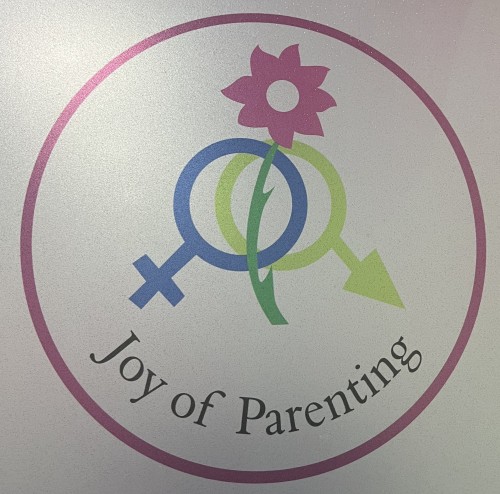Introduction to Breastfeeding
Breastfeeding is a natural way to feed your baby. Many experts, including the World Health Organization (WHO) and the Centers for Disease Control and Prevention (CDC), recommend it. In fact, the benefits of breastfeeding are well known for both babies and mothers. While formula feeding is an option, breastfeeding offers unique advantages. Let’s explore why breastfeeding is important and how it can help you and your baby.
Key Benefits of Breastfeeding for Babies
Breast milk is the best food for newborns. It contains all the nutrients your baby needs. Moreover, it is easy to digest and always ready. Here are some top breastfeeding advantages for babies:
Because of these reasons, many doctors recommend breastfeeding for at least the first six months.
Health Benefits of Breastfeeding for Mothers
Not only do babies benefit, but mothers also gain from breastfeeding. The health benefits of breastfeeding for mothers include:
Therefore, breastfeeding supports both short-term and long-term health for mothers.
Emotional and Social Advantages
Breastfeeding is not just about nutrition. It also brings emotional and social benefits. For example, the act of breastfeeding helps mothers and babies bond. This close contact can make both feel calm and secure. Additionally, breastfeeding can boost a mother’s confidence in caring for her baby. Many mothers also find support and friendship in breastfeeding groups. Because of these reasons, breastfeeding can help families feel closer.
Common Myths and Facts
Although breastfeeding is natural, there are many myths. Let’s look at some facts:
Knowing the facts can help you make informed choices.
Tips for Successful Breastfeeding
Getting started with breastfeeding can be challenging. However, these tips may help:
With patience and support, most mothers can breastfeed successfully.
When to Seek Medical Advice
Sometimes, breastfeeding does not go as planned. If you notice any of these signs, contact a healthcare provider:
Early help can solve most breastfeeding problems.
Conclusion and Next Steps
In summary, the benefits of breastfeeding are many. Babies get strong immunity, better growth, and protection from illness. Mothers enjoy better health and a closer bond with their child. While challenges can happen, support is available. Therefore, consult a healthcare professional or lactation consultant for personalized breastfeeding guidance.


